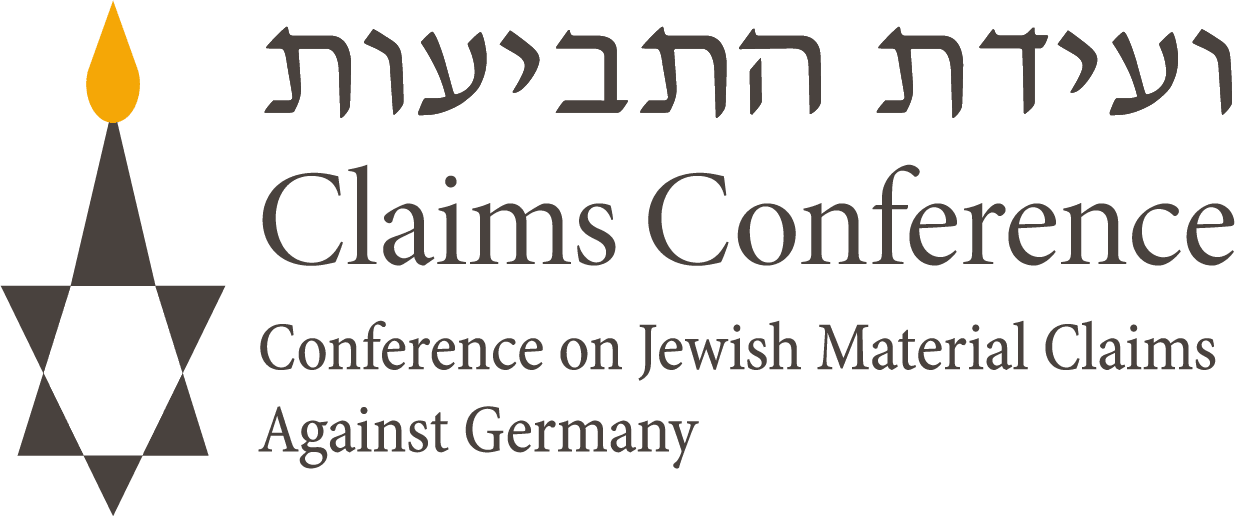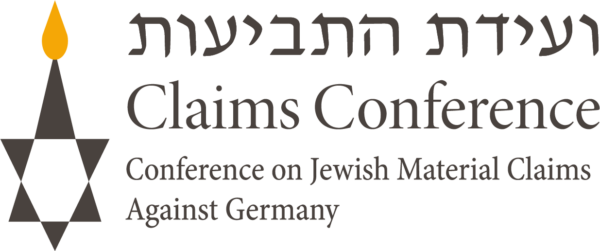
“Thank you. Thank you. Thank you. I cannot say any more than thank you,” Lea Kriesbacher quietly and earnestly whispers into the phone. She rushes on, “If I have one word, it is a dream. A dream which every winter for the past four years has come true.”
Lea is one of about 70 survivors who attended the Winter Retreat in Opatija organized by the Holocaust Survivors of Croatia and funded by the Claims Conference. Most of the survivors have known each other for six decades or more, growing up together in Zagreb and returning to raise families after the Holocaust. More than friends, they consider themselves a family.
The Holocaust Survivors organization hosts weekly gatherings and club meetings that are religiously attended, but the six days spent on the coast is the year’s highlight, eagerly anticipated and heartily enjoyed.
On the Adriatic Sea, Opatija is only 130 km from Zagreb but enjoys a very different climate. Renowned for its healing air, there used to be a hospital there for lung patients. It was generally believed the air blowing off the nearby Učka Mountains was good air. But it is not for the air alone that these survivors come. They come for the warm camaraderie, and an itinerary full of lectures, sightseeing, long walks on the coast, invigorating exercise, and shared meals.
Lea entertains the gathering each day. With a glowing face and a clear voice she tells the jokes she has prepared, clearly anticipating the punch line and holding back a laugh. Many of the jokes are of Hungarian origin and, coming from a survivor of the Budapest Ghetto, they have a special bite. Soon Jeshua Abinun takes the floor to offer stiff competition. He is one of the few who escaped from the Jasenovac concentration camp, the largest extermination camp in the Independent State of Croatia and occupied Yugoslavia during WWII.
There is a tour of nearby Trsat and Rijeka and though many participants are members of the so-called “Hockey Club,” walking with the help of sticks or canes, the guide could not ask for a more attentive audience. Their footsteps echoed in the beautiful old synagogue, as they learned about the Jewish community of Rijeka and later climbed to a high point of the city for a panoramic view of the Croatian coast.
But always, always, it comes back to the music. Each day, and sometimes late into the night, they sing. Sasa Kabiljo played the guitar, and often picked the tunes, but there were no surprises for an audience that knew his every song, from the slow and poignant to the foot-tapping “Hava Nagila.”
“It’s so good for us. And you can see it. Only one of our members died this year. We miss him terribly, but it was only one. And everyone is happy to report there were no medical incidents,” says Jelica Polak-Babic. She is a retired pediatrician and neonatologist who was on hand to help with any medical issues that might arise.
As one of the youngest members of the group, two years old when she was brought to the concentration camp, Jelica thankfully doesn’t remember much about the war. She was born in an old town near Zagreb. Before the war it had between 5,000 and 6,000 Jews. All were deported on August 15, 1941. She is one of maybe 10 survivors from the town. Today there are no Jews there at all.
Lea says that she was in the Budapest Ghetto and the Auschwitz transport, as were many of Croatia’s survivors. “But I don’t want to tell you about that. We must look forward and not backwards. I need to tell you what a healing process this trip is for survivors.”
This is Jelica’s third year at the retreat. Survivors come from all over Croatia and it is an opportunity to find friends and relatives. “Last year two of the women were speaking and they found out their parents had been good friends before the war,” Jelica said. “It was like finding a long-lost relative.”
Most spend half of the year looking forward to the trip and the other half remembering and smiling, flipping through the photos. “It was perfect,” Jelica states simply. “Good for my health, and good for my soul.” They all agree that being able to laugh and love is the best medicine and their greatest victory over Hitler and the evil of the Holocaust.

